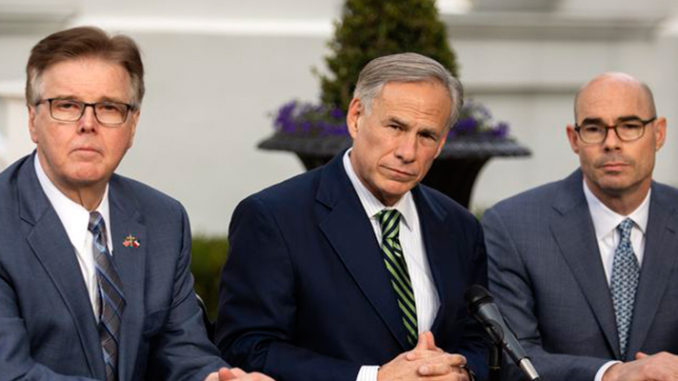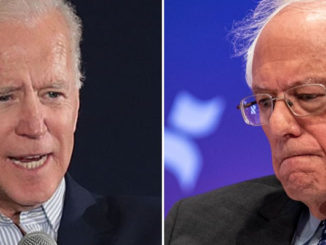
by Renée Cross, Jim Granato, Mark P. Jones and Pablo M. Pinto
A major issue in the Texas Legislature revolves around property tax reform, particularly legislation placing limits on the ability of local taxing authorities to increase their property tax receipts without explicit voter approval. While property tax revenue cap proposals have support from a substantial majority of Texans, the level of support varies depending on where they live and their age, ethnicity/race and partisanship.
Residents of suburban counties are among the most supportive of revenue caps, even though their counties’ high population growth rates suggest their revenue needs may be likely to outpace the proposed limits. And white Democrats are outliers, notably less likely to support revenue caps than both white and Hispanic Republicans, but also less supportive than black and Hispanic Democrats.
Using data from a University of Houston Hobby School of Public Affairs survey, we examined support for the property tax revenue cap legislation among Texas registered voters based on where they live (major metro core counties, suburban counties, mid-size regional hub counties, urban border counties, rural counties) and their generation (Silent Generation, born 1928-45; Baby Boomers, 1946-64; Gen-X, 1965-80; Millennials and Post-Millennials, 1981- ), ethnicity/race (black, white, Hispanic) and partisanship (Democrat, Republican).
The survey asked about support for legislation requiring any school district, city, county or other local taxing entity whose budgeted annual property tax revenue increased by more than either 2.5% or 5.0% to obtain voter approval for the increase. More than three-fourths (77%) of Texans strongly support or support imposing a revenue cap, while 23% oppose or strongly oppose.
Revenue cap support ranges from a high of 84% among rural Texans to a low of 72% among those in the major metro core counties of Bexar, Dallas, Harris, Tarrant and Travis. That is, even in the major metro core counties where high-profile elected officials have vigorously opposed the caps, more than two-thirds of registered voters support the caps.
We found support from:
- 81% of voters in suburban counties such as Brazoria, Collin, Denton, Fort Bend, Montgomery and Williamson, and
- 80% of voters in mid-size regional hub counties such as Jefferson (Beaumont), Lubbock, McLennan (Waco), Midland, Nueces (Corpus Christi) and Smith (Tyler) with,
- Support in the urban border counties of Cameron, El Paso, Hidalgo and Webb only slightly lower, at 76%.
The strong support in rapidly growing suburban counties is especially noteworthy, since that is where cities, counties and school districts are likely to face the most pressure from a revenue cap in the future, given their rapidly expanding needs for more roads, public services and school campuses.
Virtually every member of the Silent Generation (89%) is supportive of revenue caps, followed by identical proportions (78%) of Baby Boomers and Gen-X in favor. Support was moderately lower, at 72%, among Millennials and Post-Millennials, still quite high given that only 42% are homeowners who are most directly affected by rising property taxes, compared to the 74% of the older generations who own homes.
There were no dramatic ethnic/racial differences in support for the revenue caps, which ranged from 73% among Hispanics to 84% among blacks, with 77% of whites supportive. Republican support, at 90%, was significantly greater than the Democratic support, at 66%.
Overall, 92% of white Republicans and 84% of Hispanic Republicans support property tax revenue cap legislation.
Among Democrats, however, support for the revenue cap differs substantially by ethnicity/race, with 85% of black Democrats and 72% of Hispanic Democrats in favor of the cap legislation, compared to only 56% of white Democrats. Overall, the position of black Democrats is much closer to that of both white and Hispanic Republicans than it is to the position of white Democrats. Among Hispanic voters, Democrats are closer to Republicans in their support for revenue caps than they are to the position of white Democrats.
A majority of all regional, generational, ethnic/racial and partisan groups support legislation placing more stringent limitations on the ability of cities, counties, school districts and other local taxing authorities to indirectly increase their revenue from property taxes without explicit voter approval.
And although there are differences in the level of support for revenue caps when considering different demographic variables, those caps have emerged as a political unifier among registered voters in Texas. Whether that support will endure when local taxing entities are forced to make hard choices regarding services in the future remains, however, to be seen.



